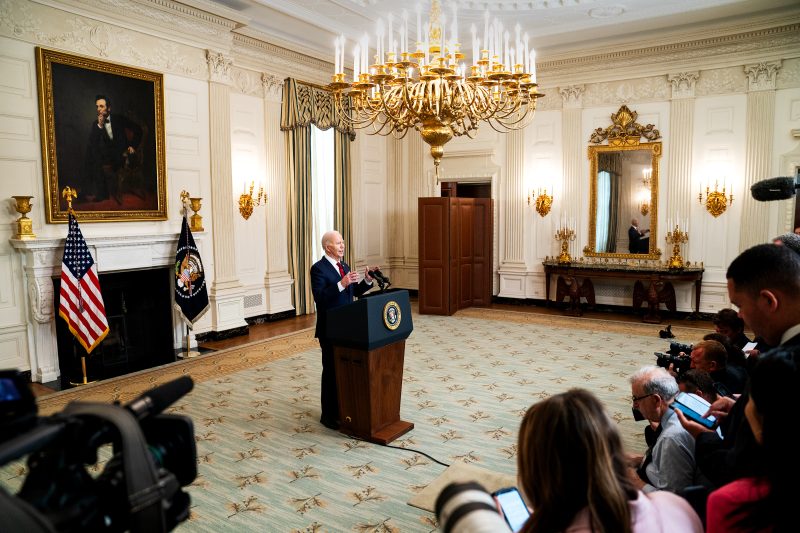In recent times, TikTok has become the center of attention amid growing concerns about its ties to the Chinese government. The popular social media platform, known for its short video format, has been the subject of intense scrutiny by the U.S. government. The intricate legal battle between TikTok and the U.S. government has raised significant cybersecurity and national security concerns, igniting a debate about data privacy, international relations, and the balance of power in the digital age.
One of the primary points of contention is the alleged data collection practices of TikTok and its parent company, ByteDance. The U.S. government has expressed concerns that user data collected by TikTok could be accessed or manipulated by the Chinese government, posing a threat to national security. In response, the Trump administration issued an executive order requiring ByteDance to divest its U.S. operations, citing national security risks.
As the legal battle unfolds, TikTok has vigorously contested the allegations of sharing user data with the Chinese government. The company has argued that it stores user data in the U.S. and has taken steps to distance itself from its Chinese roots, including appointing an American CEO and exploring options for selling its U.S. operations to a domestic entity.
The legal showdown between TikTok and the U.S. government has far-reaching implications beyond just one social media platform. It has highlighted the complexities of regulating global tech companies, particularly those with ties to foreign governments. The case has underscored the importance of data privacy and security in the digital age, sparking a broader conversation about the need for comprehensive cybersecurity measures and international cooperation.
Moreover, the TikTok saga has brought to the forefront the strategic competition between the U.S. and China in the tech sector. The battle over TikTok reflects broader geopolitical tensions and the struggle for dominance in emerging technologies such as artificial intelligence and data analytics. It illustrates how governments are increasingly viewing tech companies as key players in shaping the future of the global economy and national security.
In conclusion, the legal war between TikTok and the U.S. government serves as a microcosm of the larger issues at play in the digital age. It raises crucial questions about data privacy, national security, and the power dynamics between governments and tech companies. As the legal battle continues to unfold, it is clear that the outcome will have far-reaching implications for the future of technology regulation and international relations.

